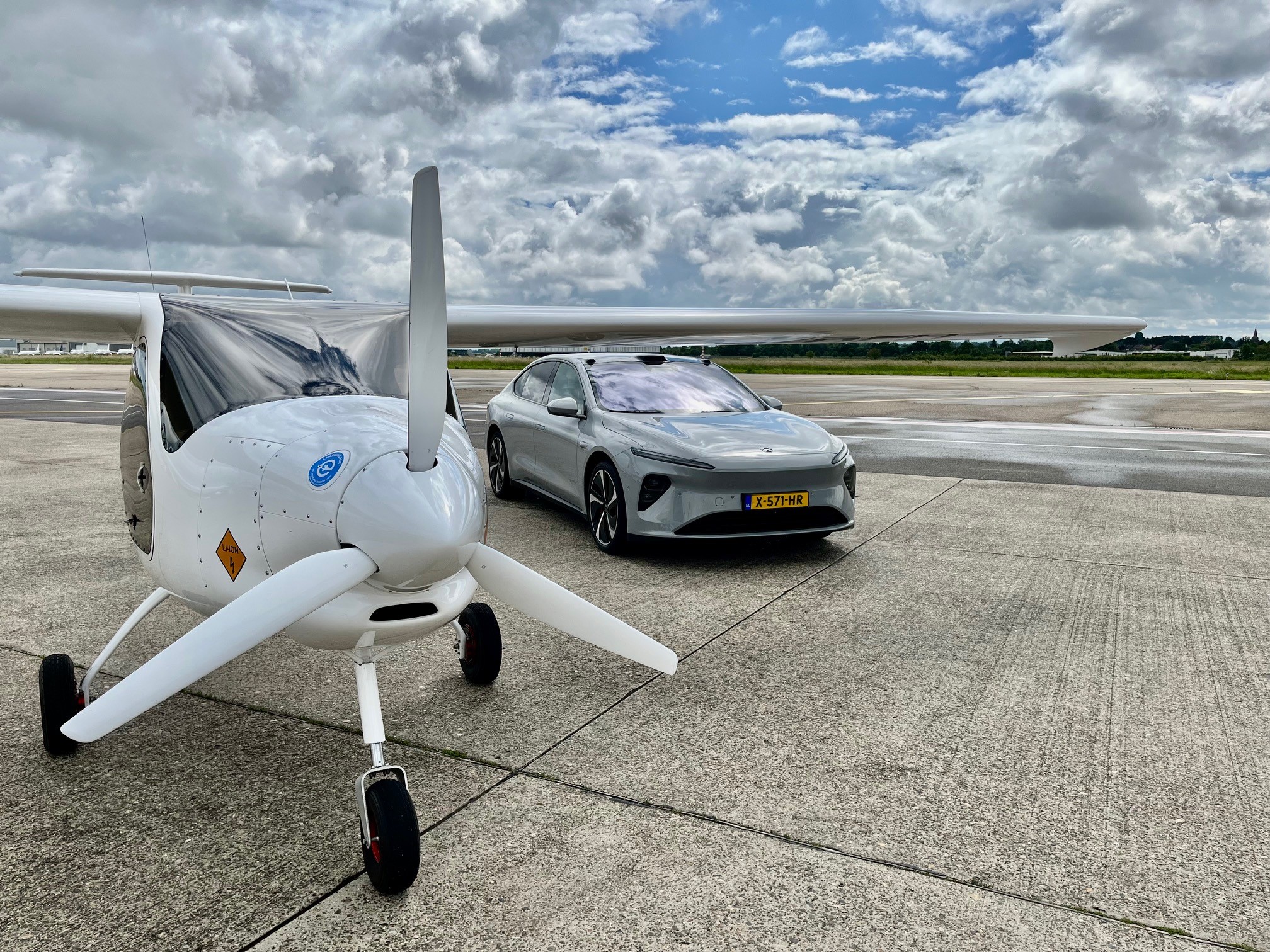International Passenger Flights on Electric Planes are Coming to Europe This Summer

Skift Take
An early taste of zero-emissions air travel is coming to European skies this summer - and it’s available to book from just €120 ($129).
During a two-month trial period, members of the public will be able to travel on electric flights between select airports in Europe. Notably, all of the journeys are international, with airfields in three countries taking part.
Trips are available to book now for travel between July 1 and August 31. They will serve Liège Airport in Belgium, Maastricht Aachen Airport in the Netherlands, and Germany’s Aachen-Merzbrück Airport. Flight times between the locations range from 16 to 26 minutes.
What’s the Catch?As you might expect with such a futuristic project, there are a few caveats.
Unlike

